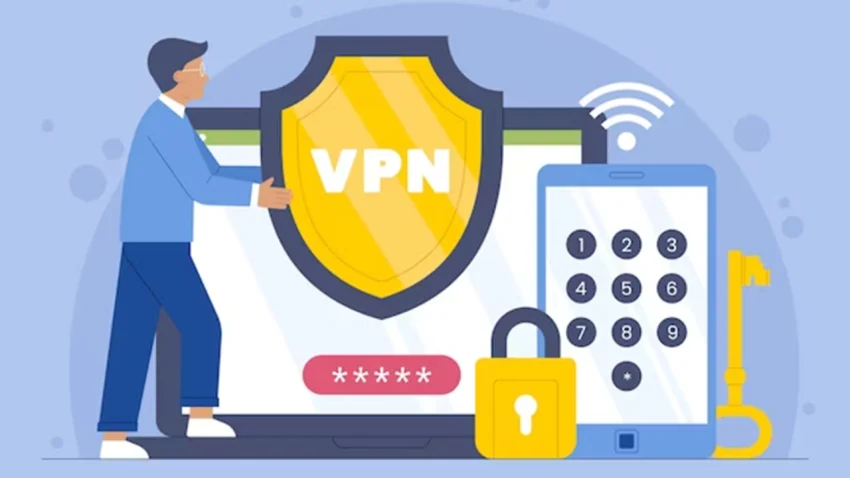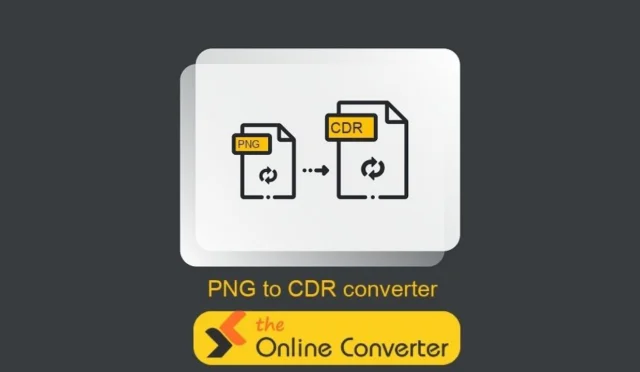In this day and age of digital breakthroughs, protecting our online privacy and security has become critical. Virtual Private Networks (VPNs) have become a popular method for protecting personal information and keeping anonymity while using the internet. Choosing a VPN necessitates a vital decision: should one go with a free VPN or a premium VPN service? The purpose of this essay is to look into the fundamental differences between free and premium VPNs, aiding users in picking the best solution for their requirements.
Understanding Free VPNs:
When it comes to free VPNs, affordability is undoubtedly their greatest appeal. However, it’s important to be aware of the trade-offs involved. Here are some key points to consider:
Limited Server Locations:
Free VPNs often offer a limited number of server locations, restricting your access to certain regions. This can be inconvenient if you require access to specific geo-restricted content or need a server in a particular location. In contrast, paid VPNs typically provide a more extensive network of servers, allowing for greater flexibility and access to a wider range of locations.
Bandwidth Limitations:
Free VPNs often impose bandwidth limitations, which can significantly impact your internet speed and overall browsing experience. If you engage in activities that require a substantial amount of data, such as streaming high-definition content or downloading large files, you may find free VPNs restrictive. Paid VPNs usually offer unlimited bandwidth, ensuring smooth and uninterrupted connectivity.
Data Logging Concerns:
Free VPNs are known for their reliance on alternative revenue streams, such as collecting and selling user data. This raises concerns about privacy and trustworthiness. While not all free VPN engage in this practice, it’s crucial to carefully review their privacy policies and terms of service. In contrast, reputable paid VPNs adhere to strict no-logs policies, ensuring that your browsing activity remains private and secure.
Benefits of Paid VPNs:
While paid VPNs require a financial commitment, they offer several advantages that make them a worthwhile investment. Consider the following points:
Enhanced Security Features:
Paid VPNs often provide robust encryption protocols and advanced security features, such as Double VPN, split tunneling, and malware protection. These features add an extra layer of security, safeguarding your sensitive information from potential cyber threats. Additionally, paid VPNs are more likely to invest in regular security audits and updates to ensure the highest level of protection.
Reliable Customer Support:
Paid VPNs typically offer reliable customer support, with dedicated teams available to assist you with any technical issues or queries. This level of support ensures a seamless experience and prompt resolution of any concerns you may have. Whether you need assistance with setup, troubleshooting, or general inquiries, paid VPN providers prioritize customer satisfaction.
Faster Speeds:
With a paid VPN, you can experience faster connection speeds due to their higher-quality servers and optimized network infrastructure. This is particularly beneficial for activities such as streaming high-definition content, online gaming, or downloading large files. Paid VPNs often invest in robust server networks, reducing latency and ensuring a smooth browsing experience.
Finding the Right VPN for You:
Choosing between a free or paid VPN ultimately depends on your specific needs and priorities. Here are some key factors to consider when making your decision:
Budget:
Evaluate your budget and determine how much you are willing to invest in a VPN service. If you have financial constraints, a free VPN may be a viable option, albeit with limitations. However, it’s important to note that paid VPNs often offer flexible pricing plans, including monthly, yearly, and multi-year options, accommodating various budgets.
Usage Requirements:
Consider your intended VPN usage. If you only need occasional access to restricted content or want basic privacy protection, a free VPN may suffice. However, if you rely heavily on VPN for tasks like online banking, remote work, or streaming, a paid VPN offers more reliable and comprehensive features. Assess your specific requirements, such as server locations, bandwidth needs, and security features, to determine the most suitable option.
Trust and Reliability:
Research and read reviews about different VPN providers to gauge their reputation, privacy policies, and track record. Trustworthy paid VPNs often undergo independent audits and have transparent policies, ensuring your data remains secure. Look for VPN providers that prioritize user privacy, have a strong reputation in the industry, and receive positive feedback from customers.
Conclusion
When it comes to choosing between a free VPN and a paid VPN, it’s essential to consider the trade-offs and evaluate your specific requirements. While free VPNs offer affordability, they often come with limitations and potential privacy concerns. Paid VPNs, on the other hand, provide enhanced security, faster speeds, reliable customer support, and a wider range of features. Ultimately, the decision boils down to your budget, usage requirements, and trust in the provider. By making an informed choice, you can ensure that your online activities are protected, and your privacy remains intact. Remember to thoroughly research different VPN options and consider the factors discussed to select the VPN that best aligns with your needs.







